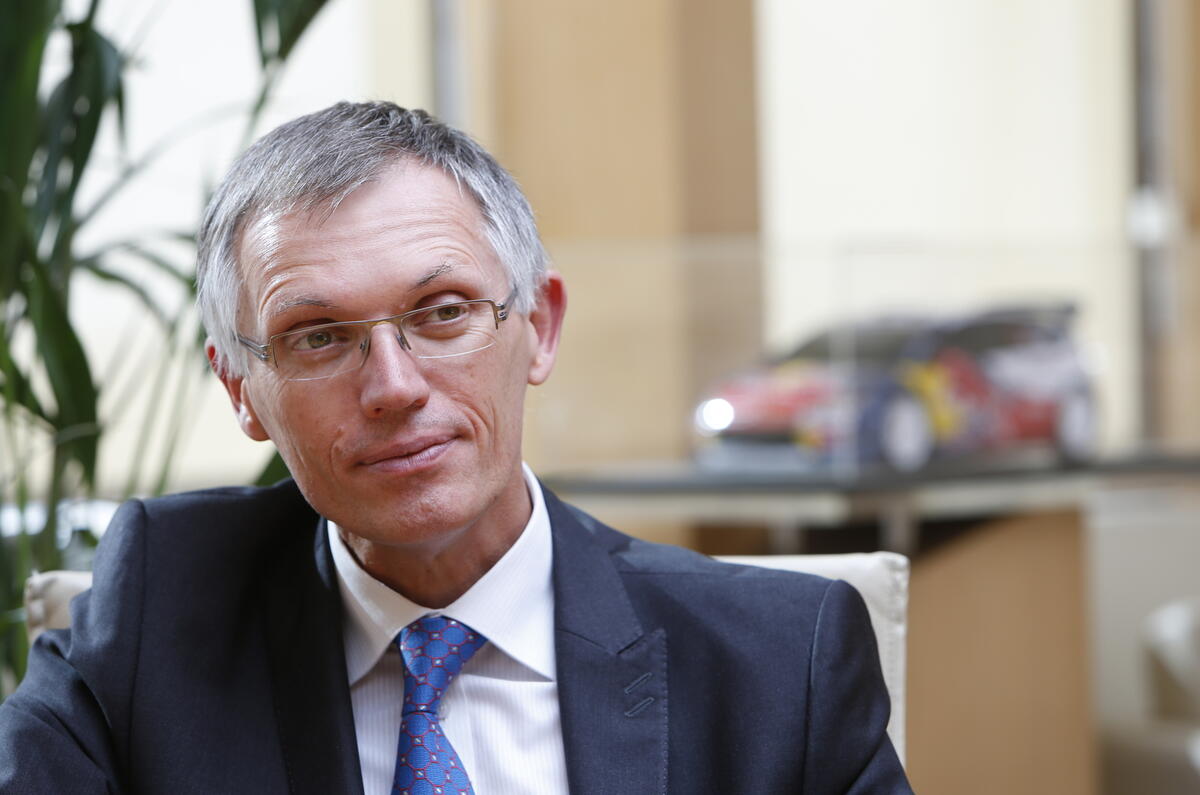Chinese car makers must be charged import tariffs in Europe, or European cars be given favourable subsidies, if the continent’s car makers are going to be able to compete with China.
That’s according to Stellantis boss Carlos Tavares, who said that European political leaders should “stop being naive and dogmatic” and recognise that, by legislating in favour of electric vehicles, they are forcing manufacturers to make cars the middle classes can’t afford and steering them towards Chinese models that put the future of the European car industry at risk.




Add your comment